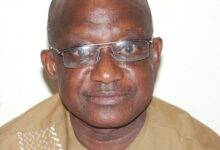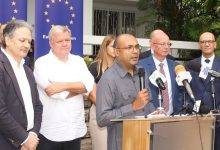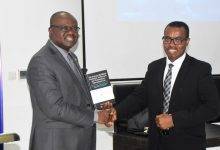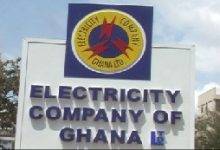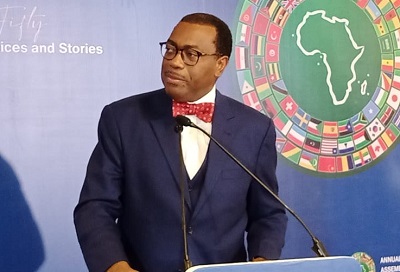
The African Development Bank (AfDB) has offered a grant of $27 million to Ghana to support the country’s Energy Transition Programme aimed at gradually transiting from fossil fuels and hydrocarbons to renewal energy.
The amount is to help the country towards the preparation of an Energy Transition Plan.
The President of AfDB, Dr AkiwumiAdesina, disclosed this during a breakfast meeting ahead of the official opening of the Bank’s 2022 Annual General Meeting currently underway in Accra.
The four-day programme which began yesterday and ends on the May27, 2022 is on the theme “Achieving climate resilience and a just energy transition for Africa.”
This was in response to a question by the Ghanaian Times on the support the AfDB has for Ghana towards the country’s Energy Transition Programme (ETP).
As per Paris Agreement, African countries are committed to reducing their carbon emissions, through energy transitions.
Per the Paris Agreement, an international pact to reduce climate change, African countries including Ghana are mandatedto reduce their carbon emissions through ETPs which is focused on renewable energy.
Dr Adesina said the AfDB would support Ghana to develop a ‘Just Energy Transition Plan.’
He said Ghana had leveraged theAfDB grant to raise $42 million from the Swiss government and other partners.
DrAdesinasaid the government was mandated to contribute $60 million towards the programme, bringing the total financing of the Energy Transition Programme to $85 million.
DrAdesina said Africa was the second most vulnerable region in the world in terms of climate, stressing that “climate change is killing African economies.”
He said though Africa contributed less to climate change it bore the brunt of it.
“Annually, Africa loses $7-15 billion due to climate change. This is expected to rise to $50 billion a year by 2040,” he said.
He said Africa, which accounted for just FOUR per cent of the global greenhouse gas emissions, was short-changed by climate finance, stressing that “Africa’s financing needs to address climate change ranges between $1.3 trillion to $1.6 trillion in 2020-2030.”
“However, Africa is not getting enough resources to tackle climate change. Africa gets only three per cent of total global climate finance. Climate financing mobilised globally falls short of Africa’s needs by $100-$127 billion per year between 2020 and 2030,” DrAdesina said.
He said Africa had abundant renewable energy resources, including solar, hydro, wind, and geothermal resources.
DrAdesina said the African Development Bank was spearheading investments in renewable energy and said over 86 per cent of the energy generation investments by the bank were in renewable energy.
He said the bank had allocated $20 billion on 10,000 renewable energy projects in Africa.
Touching on food situation in the world, Dr Adesina said Africa faced looming food crisis through the Ukraine-Russia conflict war.
However, he said the continent would avert the food crisis due to strategies being implemented by the AfDB.
“The African Development Bank Group, and the African Union Commission, developed the Africa Emergency Food Production Plan.
The plan will provide 20 million farmers with improved seeds and fertilisers, as well as other farm inputs, to produce 38 million metric tons of food, worth $12 billion. This will include 11 million metric tonnes of wheat, 18 million metric tonnes of maize, 6 million metric tonnes of rice, and 2.5 million metric tonnes of soyabeans,” he said.
He also said the African Development Bank launched a $1.5 billion African Emergency Food Production Plan to help Africa produce food to avert a looming food crisis.
BY KINGSLEY ASARE

